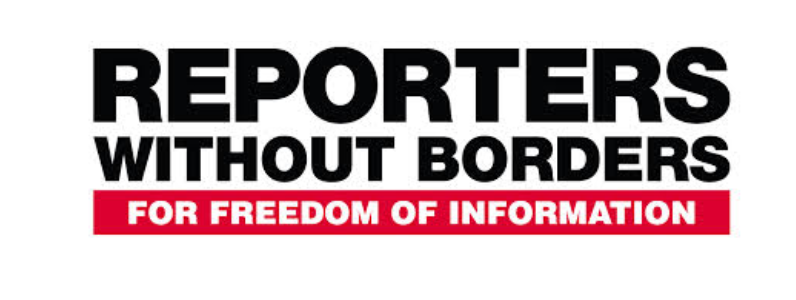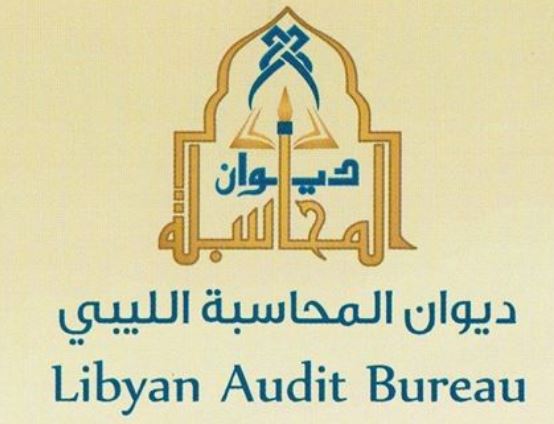Libya is ranked 143 out of 180 in the RSF Freedom of Media Index for 2024. It is six places up from last year’s ranking of 149.
Eritrea is ranked 180th, Syria 179th and Afghanistan is 178th. Norway, Denmark and Sweden are the top three countries, respectively.
RSF (Reporters sans Frontieres / Reporters Without Borders) says since the death of Libyan leader Muammar Qaddafi in 2011, the country has been mired in a deep crisis. Media and journalists often find themselves forced to serve one of the parties to the conflict, to the detriment of editorial independence.
Journalists are usually forced to conform to the biases of the media they work for, leading to chronic disinformation, while corruption is also widespread. In the East of the country, journalists are subject to the power of Field Marshal Haftar and cannot criticise the military.
No regulatory agency or framework law guarantees access to information, or respect for media pluralism and transparency. No law guarantees freedom of expression, journalists’ safety or the right to reliable information. Some laws currently in force concerning freedom of expression are more than 50 years old. Press offences are punishable by imprisonment.
Journalists have for years been the target of intimidation, physical violence, and moral harassment, though the situation seems to have improved since 2021. Such abuses are all the more frequent as they benefit from total impunity. Militias often threaten media professionals, who can be subject to attacks and imprisonment. Both in the east and the west of the country, those who control the authorities have managed, via their armed factions, to sow fear among journalists and have ended up eliminating media independence in Libya.









